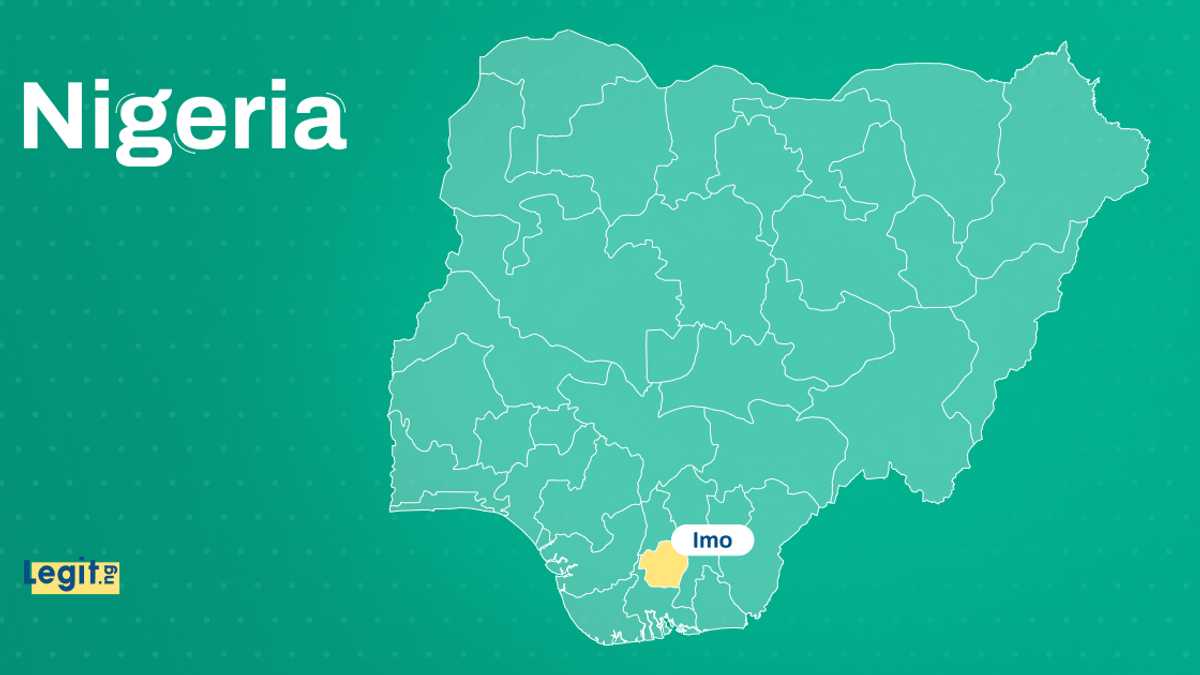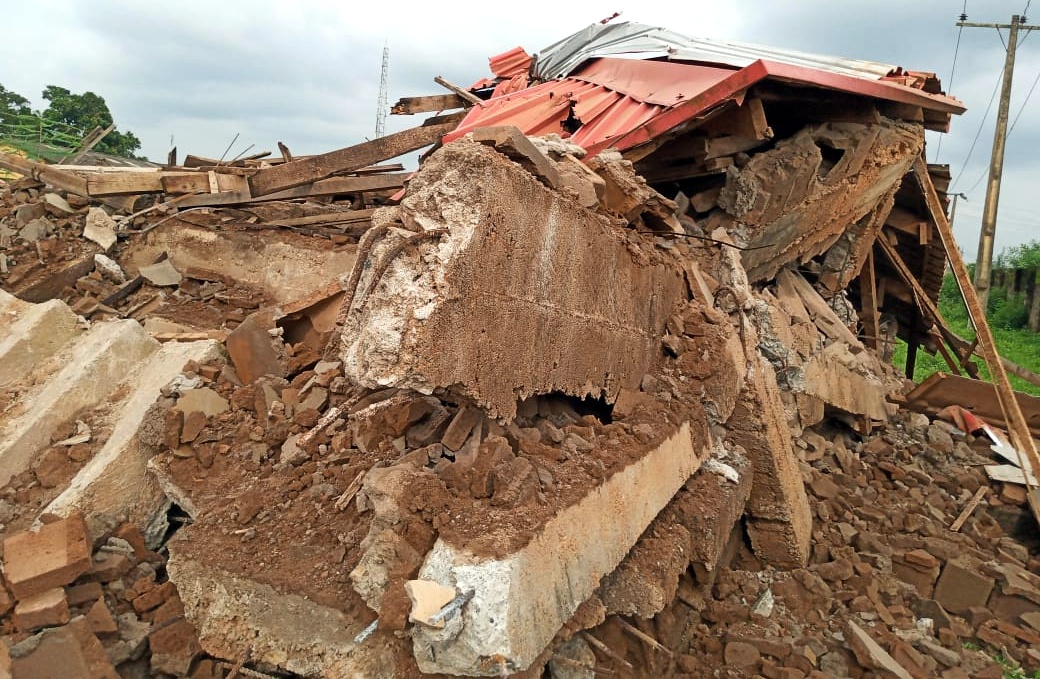Scale of damage depends on spill size

Kochi: The sinking of the container vessel MSC ELSA 3 off the Kochi coast in the Arabian Sea is likely to have significant ecological consequences, raising concerns among marine experts over potential damage to coastal ecosystems and fishing livelihoods.The ship went down with 640 containers, including 13 with hazardous cargo and 12 containing calcium carbide. It was also loaded with 84.44 MT diesel and 367.1 MT furnace oil—substances that can impact marine environments if leaked. According to Dr Grinson George, director of the Central Marine Fisheries Research Institute (CMFRI), the full scale of the environmental damage depends on the extent of the leakage and the ability to contain its spread."Oil smothering could threaten sensitive marine species and disrupt fishing activities, especially for artisanal fishers in coastal areas," George said. "If the spill spreads, it could affect marine productivity during the monsoon—a critical breeding and growth season for pelagic fish. This could have long-lasting repercussions for the region's fisheries."He added that the monsoon period typically supports high marine productivity, and the spill may derail what was expected to be a promising fishing season.
CMFRI has initiated plans to assess the ecological impact through field surveys, sample collection and tracking the movement of the spill to determine its effects on marine systems.Drawing a comparison, George cited a recent study on the long-term impact of a very low sulfur fuel oil spill from a ship, which ran aground off the coast of Mauritius in July 2020. Published in Marine Pollution Bulletin, the study revealed ongoing contamination in sediment samples collected as recently as March 2023.The study found that VLSFO had weathered over time through natural processes like biodegradation but continued to persist in the mangrove ecosystem. It noted that some mangrove species are more tolerant of oil, allowing them to recolonize affected areas, but once has entered the mangrove system, it would almost certainly cause more harmful effects to attempt to remove it.












